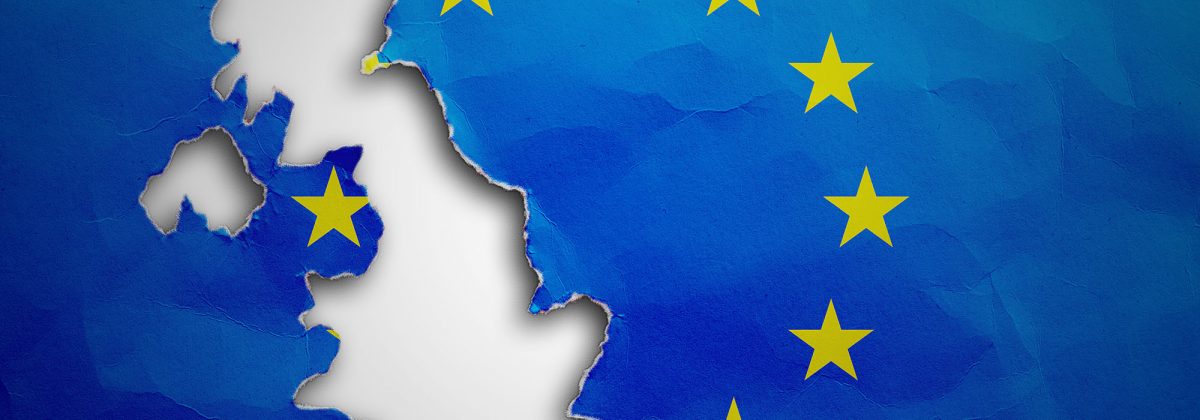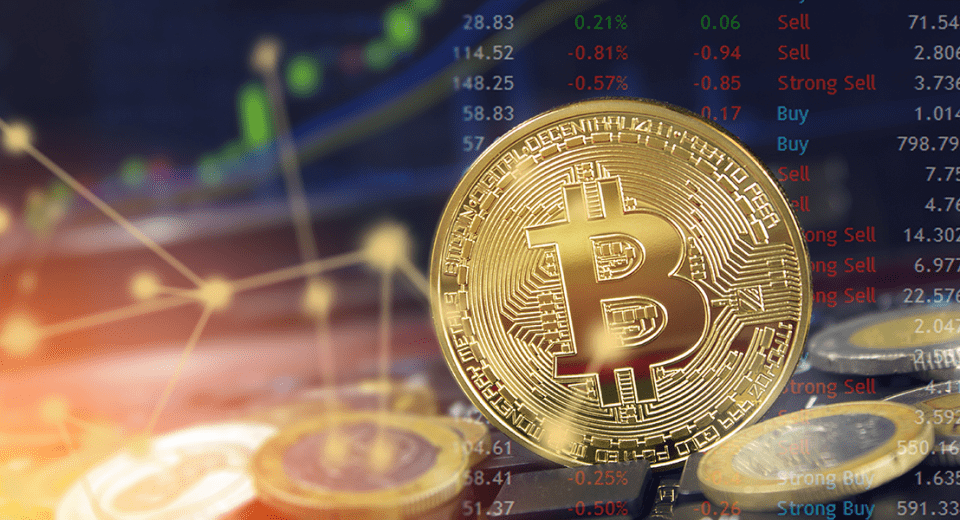It’s been a couple of tumultuous years for the Pound Sterling. The world’s oldest currency is paying a hefty price for the UK’s decision to leave the Euro bloc, in form of significant price volatility against all major currencies, including the US Dollar and Euro.
Things didn’t go as planned, and the UK managed to obtain an extension to the March 2019 deadline. Now, the risk of a no-deal Brexit is far greater than ever before, particularly with the latest round of political uncertainties gripping the nation. Theresa May, unable to convince the UK parliament of her carefully crafted deal, handed in her resignation in June 2019. As if fears and uncertainties regarding the Brexit negotiations weren’t enough, investors now have to worry about the impending general elections in the country. The rising tensions continue to hit the Great British Pound (GBP) hard.
On July 9, 2019, the GBP registered a two-year low of $1.2443, while also falling 0.4% against the Euro. Market sentiment seems to have turned bleak amidst reports of an economic slowdown, and the increasing possibility of a no-deal Brexit.
So, what does the future hold in store for the GBP? Here are some thoughts.
How Has the Pound Fared So Far?
The GBP has remained at the mercy of various developments on the Brexit negotiations front, ever since the referendum in 2016. It went down more than 18% against the US Dollar and Euro in the immediate aftermath, representing a 31-year low. The UK currency is still working on recovering from that decline, especially against the Euro. Political uncertainty has also affected the currency a great deal. Whenever there has been political debates and parliamentary votes for Prime Minister May’s offerings, volatility has been extremely high.
However, despite all the chaos surrounding the currency, the GBP hasn’t sunk to extreme lows, contrary to analysts’ predictions. In fact, from January to March 2019, the Pound was one of the best performing major currencies against the US Dollar globally, with a 3.4% increase YTD against the greenback.
This was before March 29, 2019, when traders thought that a risk of a no-deal Brexit was behind them. Now, Britain is working towards filling up the top political position in the country, and the winning candidate’s stance regarding the Brexit deal will have an indirect effect on the Pound. Traders are still hoping for a softer Brexit, in the light of the granted extensions, although many remain skeptical.
There is much confusion about the performance of the GBP in the future, and major trade analysts have been recommending that investors refrain from trading the currency. Currently, speculative traders are the ones who are mostly trading the GBP, leveraging on its volatility. Long-term traders, on the other hand, are still net short on the Pound, expecting it to fall miserably after Brexit.
The Aftermath of a Hard Brexit on the UK Economy
Will the GBP crash after Brexit, scheduled for October 2019? A lot depends on the UK economy.
The British economy has steadily lost £6.6 billion per quarter since the referendum in 2016, according to a report by S&P Global Ratings. The same report says that the economy would have been 3% larger by the end of 2018, had the Brexit vote never taken place. But it did, and the Pound fell drastically after that. Imports became seriously expensive and inflation figures rose, further decreasing household spending and overall economic growth.
In the case of a hard Brexit in October 2019, analysts predict that the Pound would go down to as low as $1.2 or $1.15 against the US Dollar. This will be far greater than the post-referendum decline, which wasn’t even based on actual economic disruptions. Trade and migration complexities will hurt the flow of goods and services in the nation, raising demand levels and pushing inflationary figures. Analysts predict that the Consumer Price Index (CPI) could very well go above 2% for the next few years.
Under such circumstances, the Bank of England will have to lower interest rates, lowering the incentive to hold on to Pound investments for traders and businessmen. With a decreased demand for the GBP, prices would continue on the lower side.
For the first time since 2012, the UK’s GDP might register a negative growth rate in Q3 2019, and this news is hurting investor sentiment worldwide. The UK 10-year government bond yield also registered the lowest figures since September 2016. Retail sales data was poor in the last quarter as well. Credit Suisse and a few other forecasting firms have predicted a short-term recession for the UK economy, in the event of a hard Brexit, including a GDP contraction between 1 and 2 percentage points.
The political risk is not helping matters either. Since Prime Minister May decided to step down, the GBP has recorded losses of over 2%. Boris Johnson is currently the frontrunner to replace her and his hard Brexit stance is further creating pessimistic views, pushing the GBP further down.
Hoping for a Softer Brexit
A softer Brexit could provide a much-needed boost to companies and investors on both sides of the border, who would gain confidence regarding their future prospects and hiring activities. Increased economic activity might lead to the BoE increasing borrowing rates, thereby incentivising investors.
But, in the world of currency trading, market sentiment plays an important role. Right now, traders hold a bearish stance on the GBP, in the absence of any concrete proof against a hard Brexit. In the coming months, diverse events will determine the short-term effects on the GBP, especially the appointment of a new Prime Minister.
Should the withdrawal agreement not be accepted, the chances of a second general election or even a second referendum cannot be ruled out. Traders, therefore, need to keep track of all developments, political and economic, to be able to tackle the Dollar-Pound exchange rate volatility. Risk management measures are more important now, than ever before.
Reference Links





